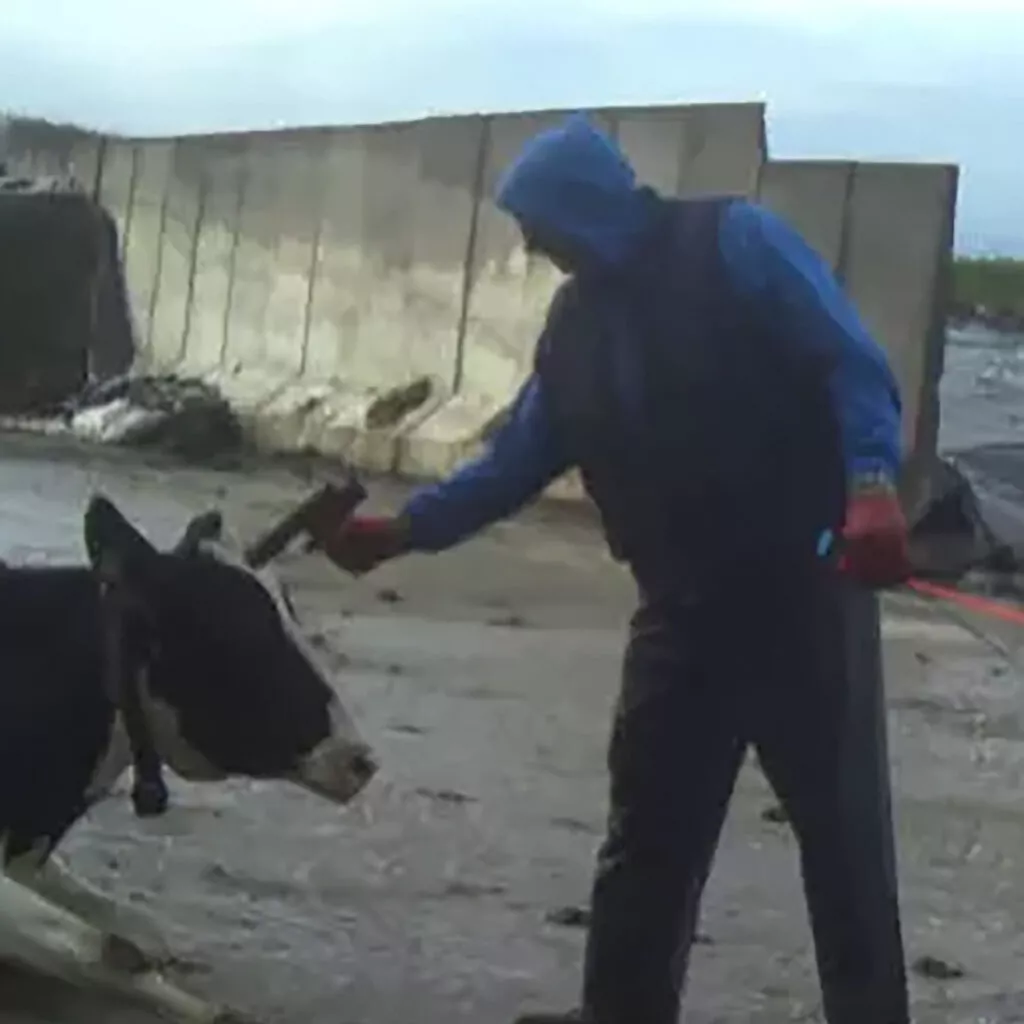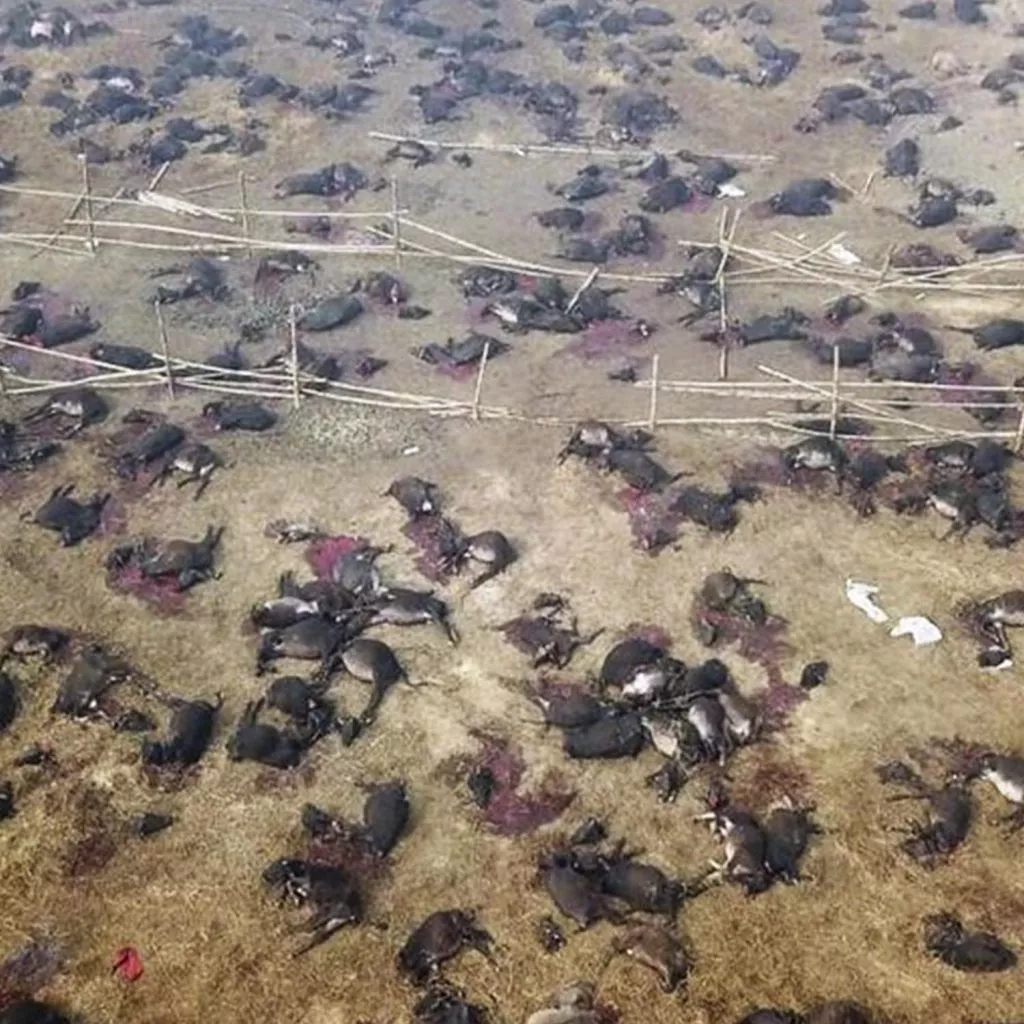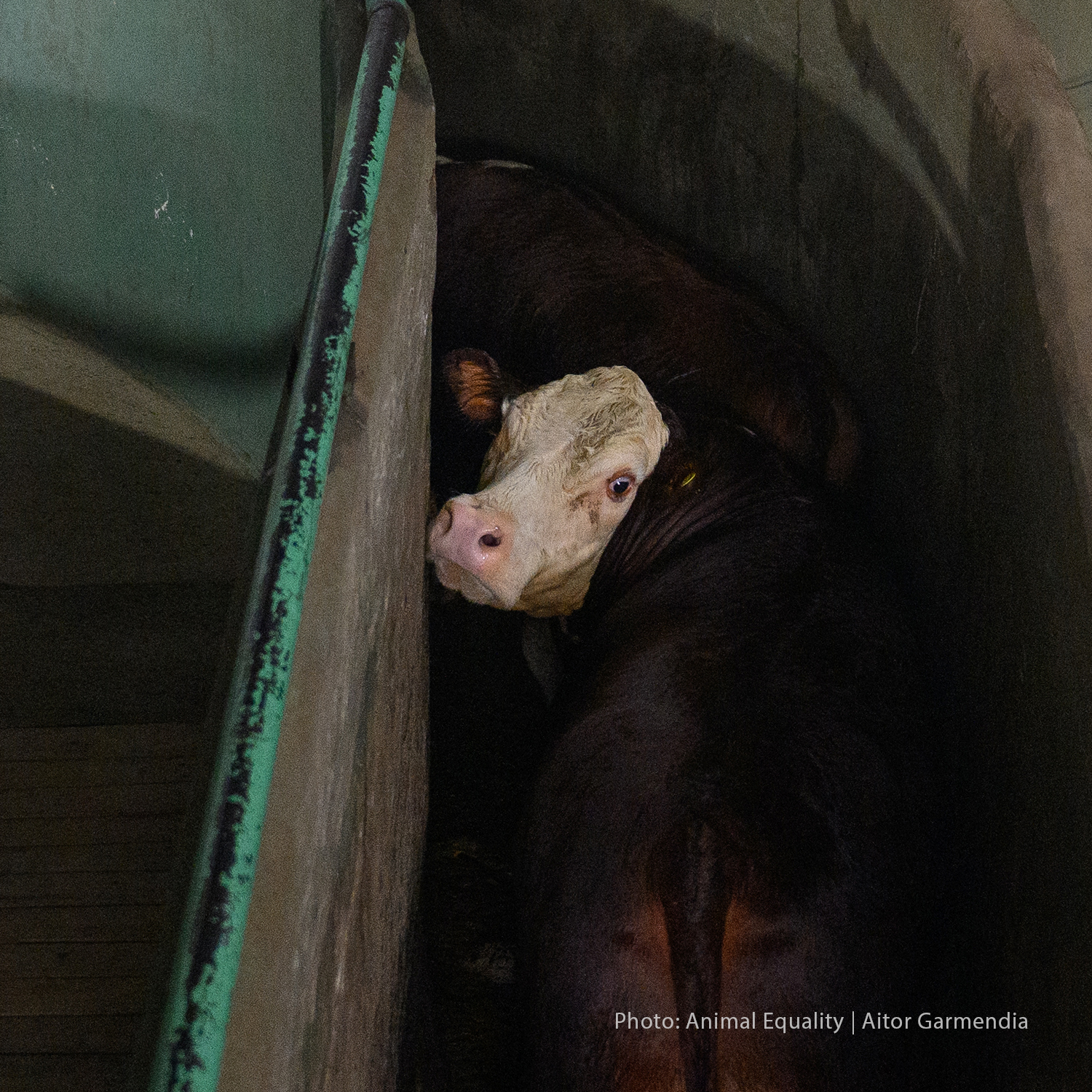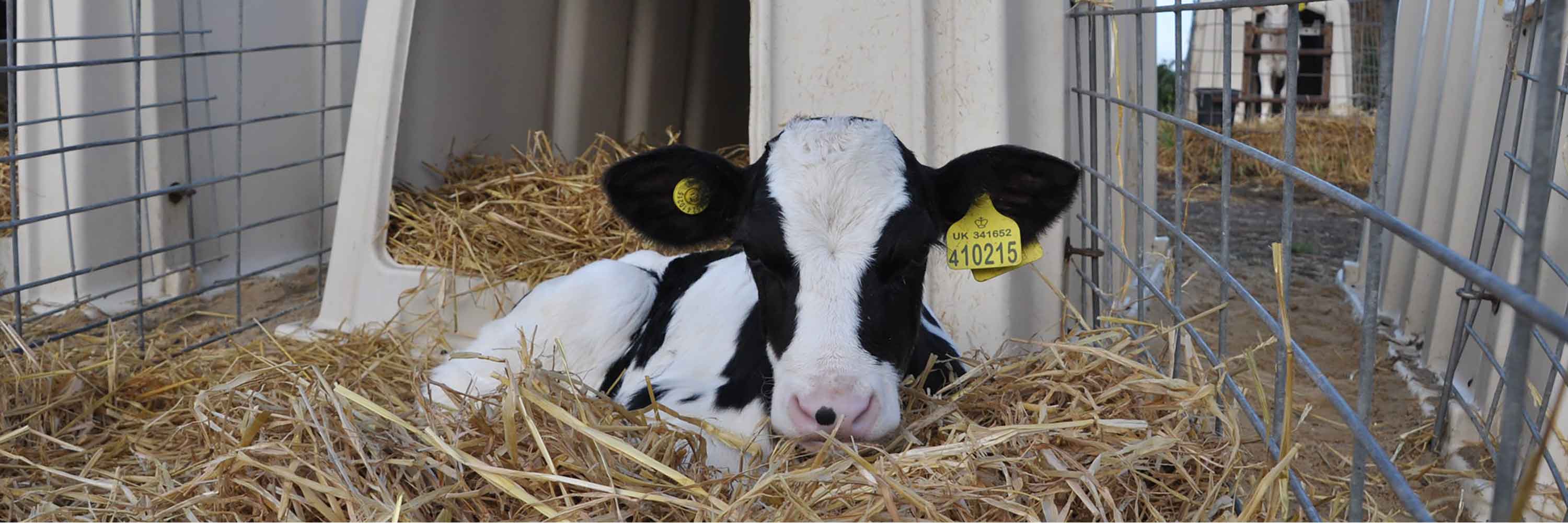
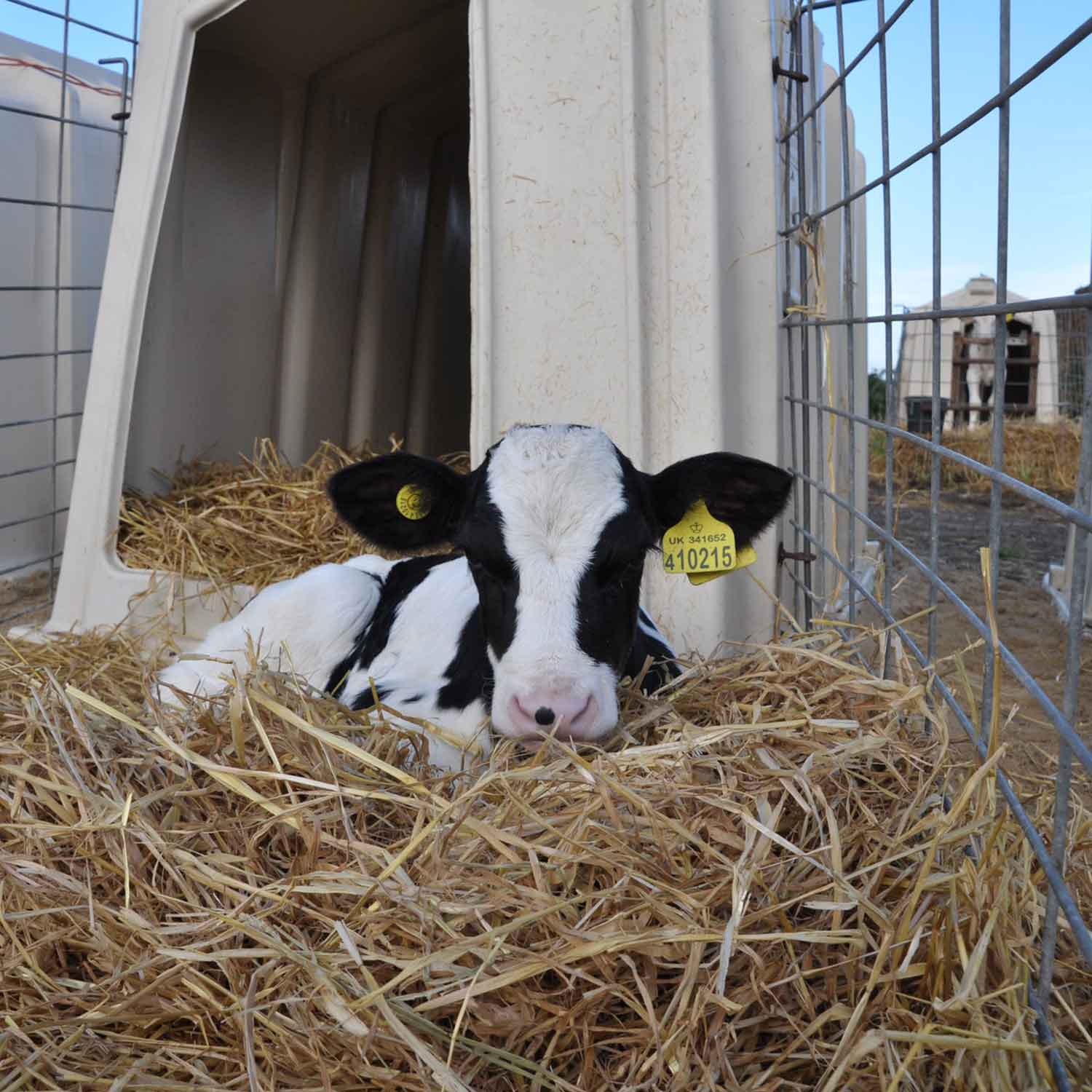
Is Dairy Vegan?
What Does It Mean to Be Vegan?
Being vegan means adopting a lifestyle that excludes the use of all animal products. This includes, but is not limited to, the food they consume. Whereas vegetarians only eliminate meat from their diets, vegans do not eat any animal-derived products, such as meat, dairy, or eggs. Instead, vegans eat plant foods, like vegetables, fruits, grains, legumes, nuts, and seeds.
People are deciding to leave animals off their plates for a few reasons: to prevent animal harm, lessen their impact on the planet, and improve their health.
With the rise of veganism, terms like “plant-based” and “dairy-free” have made their way onto food labels. While there are some difference between those that identify as vegan vs. plant-based, products in the grocery store labeled as “plant-based” are typically safe for vegans to eat. “Dairy-free” products exclude dairy ingredients, like milk and cheese, but not eggs, and are therefore not safe for vegans to eat.
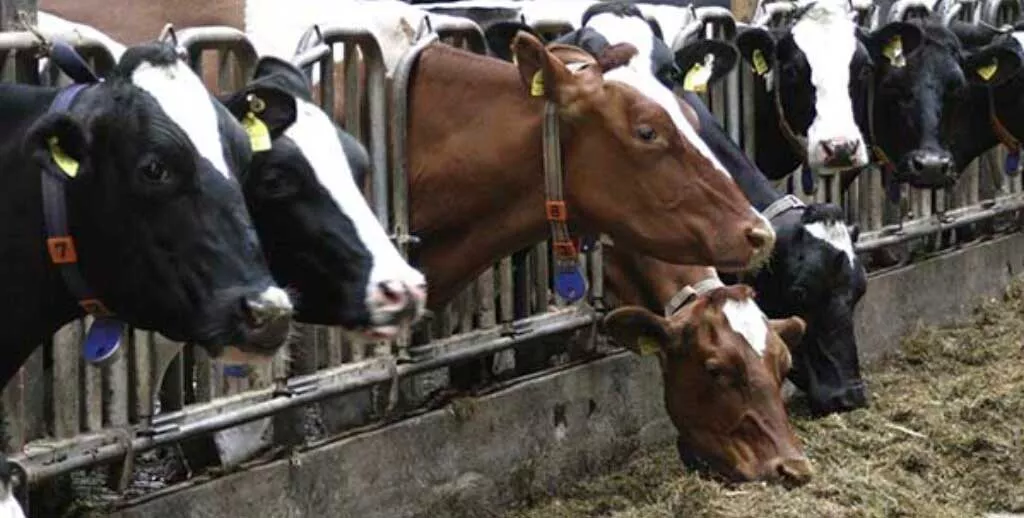
Why Isn’t Dairy Vegan?
Dairy isn’t considered vegan because it originates from animals, likes cows and sometimes goats.
Let’s break this down in simpler terms:
Where Does Dairy Come From: Dairy products like milk, cheese, and yogurt come from animals – mainly cows, goats, and sheep. An estimated 9.3 million cows are used for milk in the US.
Like humans, female cows can only produce milk after giving birth. On factory farms that produce the milk and dairy products found on your grocery store shelves, cows are repeatedly impregnated through forced artificial insemination.
After giving birth, the calf is separated from the mother to preserve her milk. The milk is then sold to customers at the grocery store. This cycle repeats until she is no longer able to produce milk and is sent to slaughter.
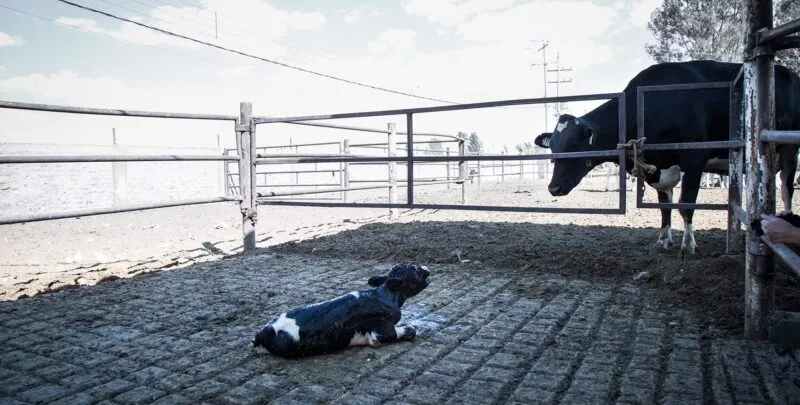
After being separated from their mothers, calves will spend much of their lives in extreme confinement. In fact, many of them will spend the first 2 to 3 months alone in small huts, given a substitute for the mother’s milk while people drink what was meant for them.
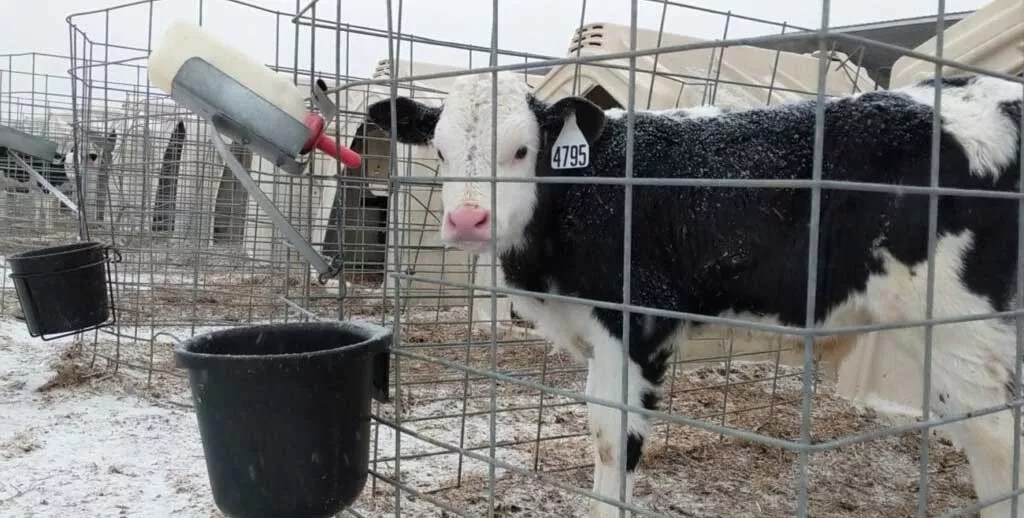
Other Reasons Vegans Don’t Eat Dairy
While many vegans choose this lifestyle to reduce the suffering of animals, there are other benefits that come from eliminating dairy and other animal products from your meals.
Health Benefits: There is an emphasis on the nutritional benefits of choosing plant-based milk and other dairy alternatives. These plant-powered products often contain essential nutrients like calcium, vitamin D, and protein. Furthermore, they generally have lower saturated fat content compared to whole dairy milk, which can have positive implications for heart health.
Environmental Impact: The dairy industry also has environmental implications. It requires a significant amount of resources such as water, land, and feed to raise animals for milk production. Additionally, the production of dairy contributes to greenhouse gas emissions and other environmental concerns.
Rethinking Dairy: Plant-Based Alternatives
Browsing through the grocery store aisle, you’ll discover a wide array of dairy alternatives, including oat, soy, coconut, rice, cashew, almond, and hemp food products. There’s something to suit everyone’s taste preferences.
In celebration of World Plant Milk Day, consider your transition away from dairy…for the animals, your health and the planet. If you’re looking for tips on your next grocery shopping trip, take a look at Love Veg’s dairy-free guide. And if you’re interested in deepening your commitment to animals, Love Veg offers valuable free resources to embrace a plant-based diet.
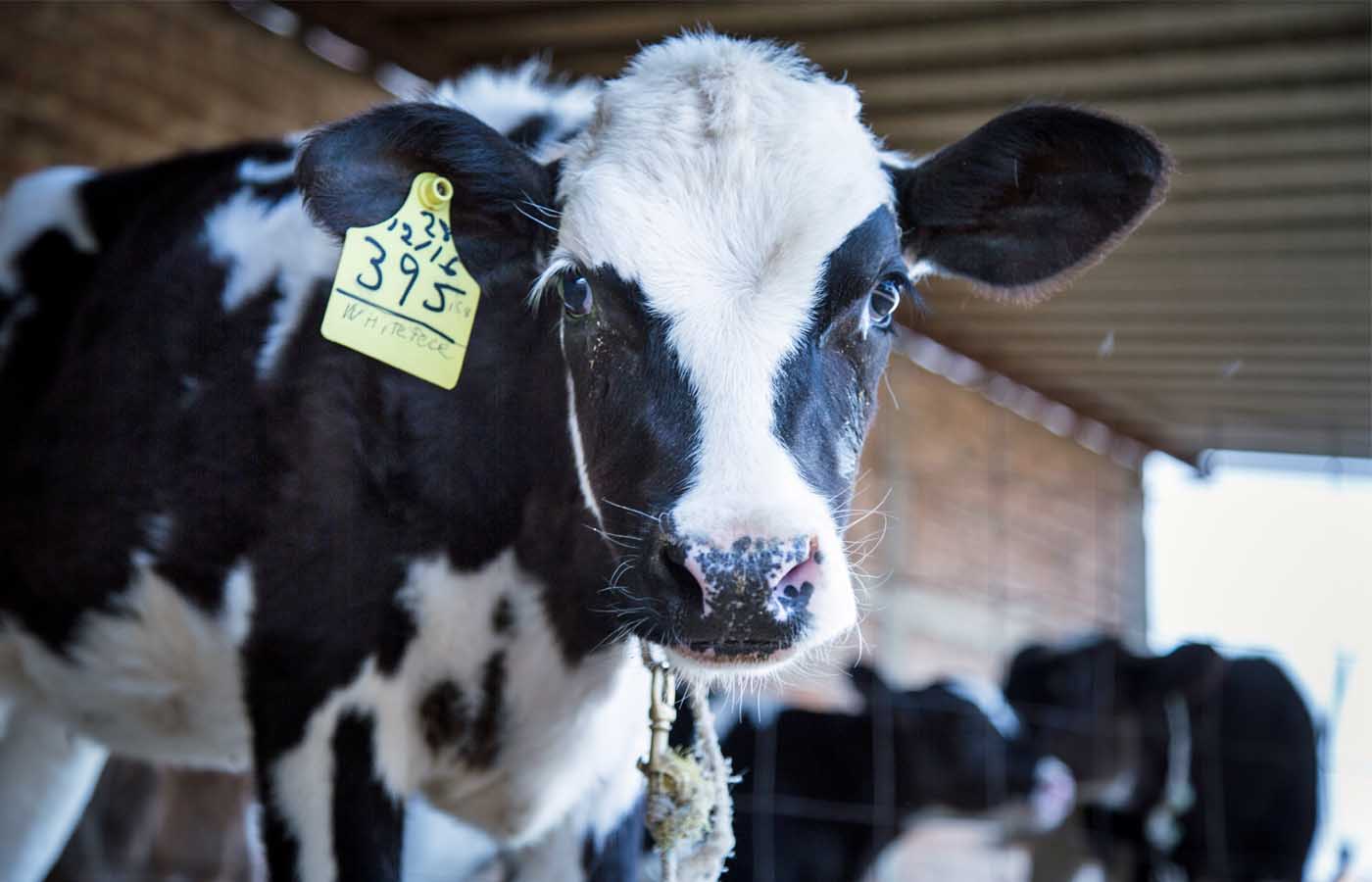
DEFEND COWS
A cow’s maternal instincts foster a gentle bond with her vulnerable calf.
Preserve this tender relationship by trying plant‑based alternatives to dairy products.
Recommended
